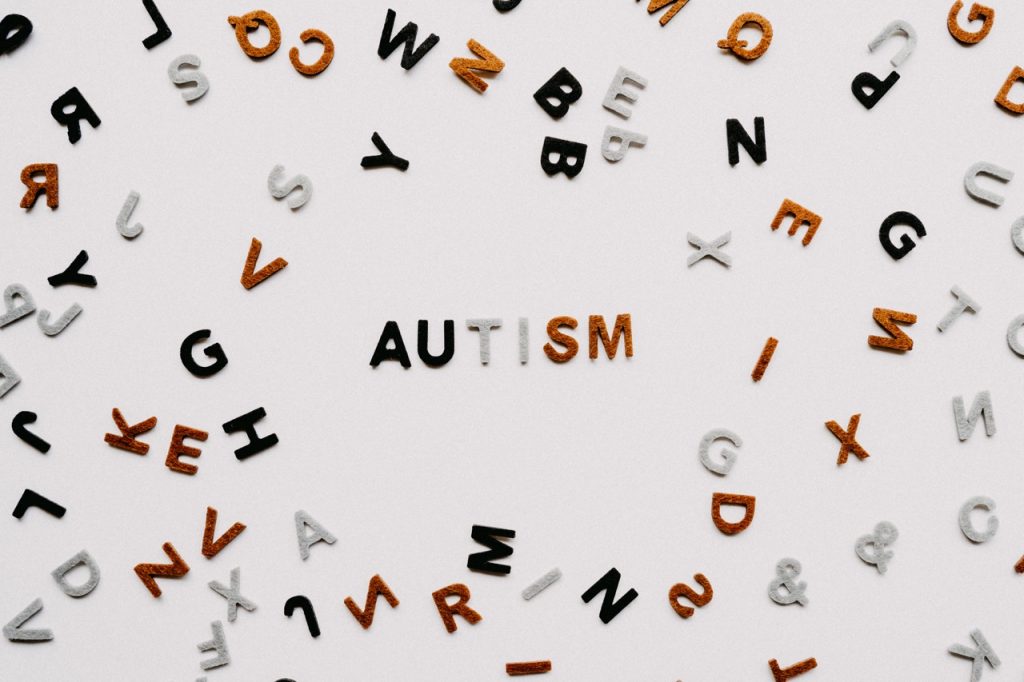This post is also available in Dutch.
It can be confusing to know whether you should say ‘person with autism’ (person-first), or ‘autistic person’ (identity-first). The difference between the two is that person-first implies that the focus is on the person, whereas identity-first implies that autism is an inseparable part of who a person is. However, you might actually be corrected for saying either of them. So, what is the ‘right’ or ‘appropriate’ thing to say? People involved in the autistic community tend to have different preferences. I have decided to use identity-first language, ‘autistic person’, as that is generally what autistic people prefer.
What makes it controversial?
Surprisingly, the clearest distinction tends to be between medical professionals, parents and family members of autistic people, and autistic adults themselves. Typically, those who prefer person-first (‘person with autism’) argue that autism does not define the autistic person and that they shouldn’t be ‘labeled’ that way. But autistic adults often argue that autism is an integral part of their identity and personality, reflected in their interests and the way they live their lives. Without autism, they wouldn’t be the people they are. Of course, all of these opinions vary from one individual to the other and any group statistic only reflects general preferences.
What is the ‘right’ way?
There are two main arguments to keep in mind here. First, people with lived experience, in this case autistic individuals, get precedence of interpretation. Secondly, autism is not in itself a bad thing; it is a different way of experiencing the world and interacting with it. The real challenge lies in diagnosing autism as early as possible to determine the best therapeutic support and helping autistic individuals to face their difficulties and to feel understood in our society.
Why does it matter?
Even though using inappropriate naming may reflect only a lack of information and not necessarily disrespect, it remains harmful to autistic people. From the perspective of autistic persons, it feels like they are not welcome to be their true selves, or that people say ‘person with autism’ in an attempt to separate the individual from their autism because people think it is something bad. Again, autistic people tend to prefer identity-first language (‘autistic person’) because it is part of who they are. Similarly, it is generally accepted that we refer to someone who lost his/her sense of sight as a ‘blind person’ and not a ‘person with blindness’. Generally, we should listen to and respect the wishes of the people concerned.
For these reasons, it makes a lot of sense to me to use identity-first language, as it is the way the autistic community prefers. Importantly, we should always respect the preferences of the person we are directly talking to—that’s the right thing to do.
Author: Viola Hollestein
Buddy: Kim Beneyton
Editor: Christienne Damatac
Translation: Jill Naaijen
Editor translation: Wessel Hieselaar
Image by Annie Spratt via Unsplash
